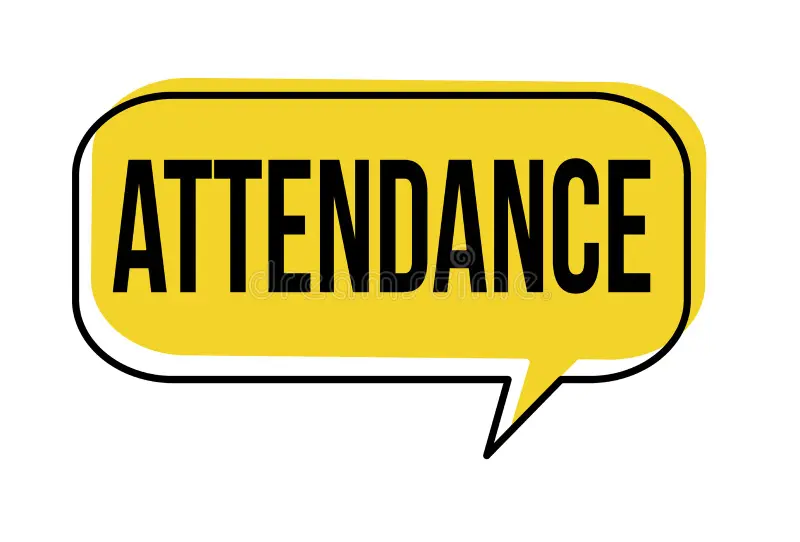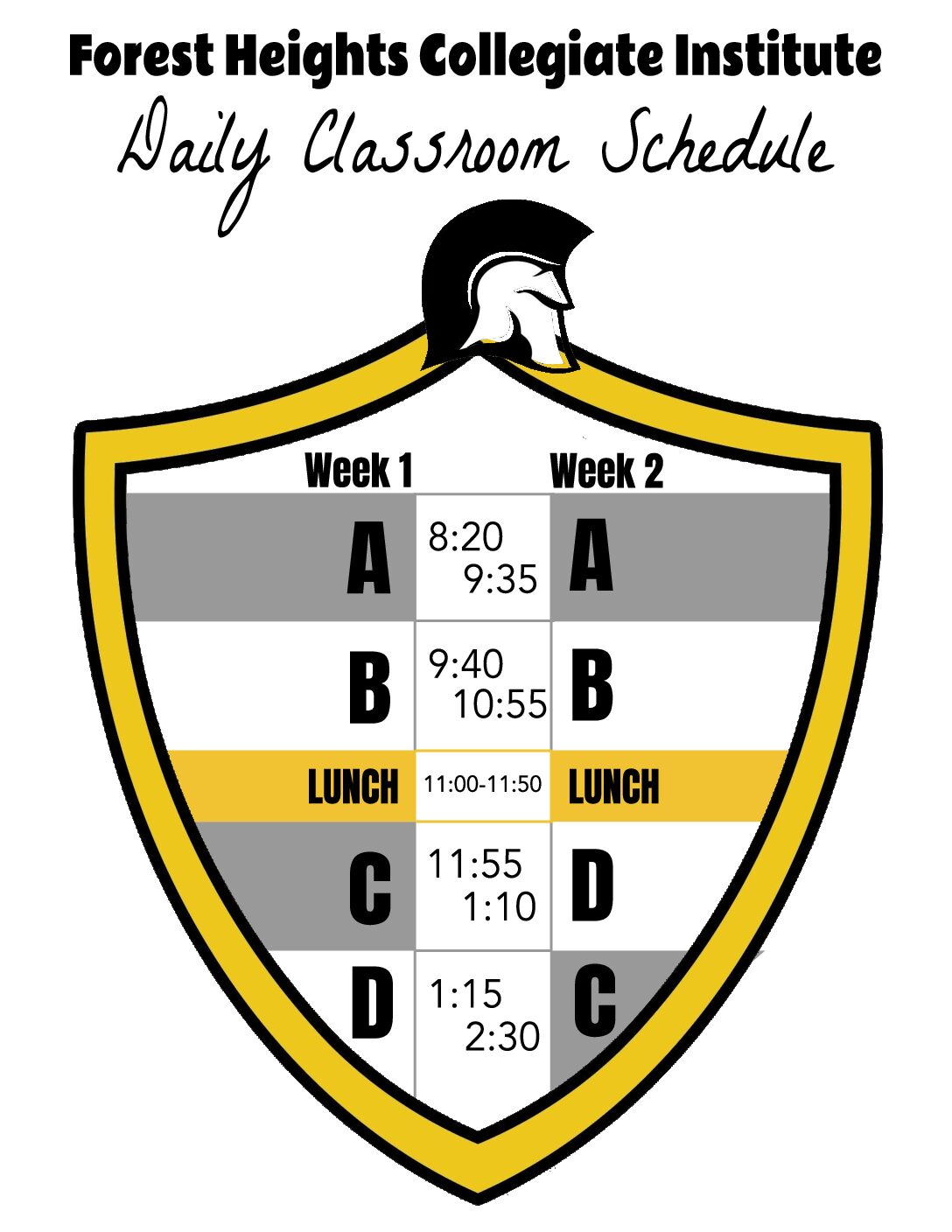
Welcome to FHCI Guidance 25-26
When filling out your request, be sure you are selecting the correct counsellor matched to your last name.
Last Name Beginning With:
AL (Al, Al_, Al-) & F-J – Ms. Sockett (she/her) (callie_sockett@wrdsb.ca), extension 5525
A-Ak/Am-Az – Ms. Pickett (she/her) (megan_pickett@wrdsb.ca), extension 5521
B-E – Mrs. Watson (she/her) (lisa_watson@wrdsb.ca), extension 5526
K-M – Ms. Gawlik (she/her)(patricia_gawlik@wrdsb.ca), extension 5524
N-R/Y-Z – Ms. Rios (she/her) (kenya_rios@wrdsb.ca), extension 5523
S-X – Ms. McQuay (she/her) (adrienne_mcquay@wrdsb.ca), extension 5522
E. Minaker (she/her) – Guidance Administrative Assistant, (elizabeth_minaker@wrdsb.ca) extension 5520
How do I book a guidance appointment?
Your portal to contacting guidance counsellors to discuss career/pathways programming and course changes is to complete the Request for a Guidance Appointment Form. You must be logged into your WRDSB account to complete the request. We will not be making course changes unless they are to accommodate a pathway to graduation.
Fill out the Google Form with as much detail as you can – this will help your counsellor to decide how to respond to your request to resolve your issue as quickly as possible.
If an immediate concern arises during the course of your in-school day, you should ask your teacher to call guidance (either Ms. Minaker or your counsellor) before sending you down.
The main entrance to the Guidance Office for students/visitors will be the single door off of Corridor 5.
When you enter the office during the work day, we ask that you respect the outer office space.
About Counselling Services at FHCI
Counselling Services recognizes its complementary partnership with the administrators and teachers of Forest Heights Collegiate Institute in its support of students. Our Counselling Department believes that these active connections reflect the design and purpose of our Counselling Services: to guide and direct students with appropriate information about courses, credits, the world of work, colleges, universities, etc. and to help students develop academically, socially and emotionally. We encourage parents and students to build productive relationships with their teachers and counsellors who can offer expertise within their academic departments and specializations.
Make an appointment
ONLY current students may request an appointment.
All parent/guardian/other appointments should be scheduled by phone or email with the counsellor. Call us at 519.744.6567 and follow the instructions to get to counsellor’s voicemail.
Guidance counsellors and students: What do we expect from you?
Guidance and counselling of students is a two-way conversation, and students’ participation in cultivating a relationship with their counsellor is important to their overall experience while in high school. Students who actively engage with their counsellors realize how to get the most out of their educational experience. We encourage you to meet with us, let us get to know you, and stay committed to your academic planning.
- Make appointments in a timely manner.
- Meet at least once during each semester to review your yearly progress toward your graduation.
- Be aware of and meet deadlines for adds/drops and other important dates.
- Understand your diploma requirements.
- Actively seek out academic information in the Course Calendar to meet your academic goals.
- Be prepared when meeting with your counsellor, for example, have permission forms signed by your parent/guardian.
- Share concerns that may affect your progress.
What may you expect from your guidance counsellor?
- To provide you with up-to-date information.
- To understand your academic records and discuss information about you in the service of your achievement and best interests.
- To understand specialized programs, courses, graduation requirements, and academic policies.
- To help you plan an academic program for each year.
- To discuss with you alternative programming as your goals and needs determine. Examples are: in-school interventions re-start programs, options in e-learning, summer school, night school, summer co-op, online co-op, credit recovery, and others.
- To work to understand the particular concerns that affect your academics, review your options, and arrive at possible solutions.
- To help you plan your secondary education that matches your achievement, ability and career goals.
- To help you learn to take ultimate responsibility for your academics.





